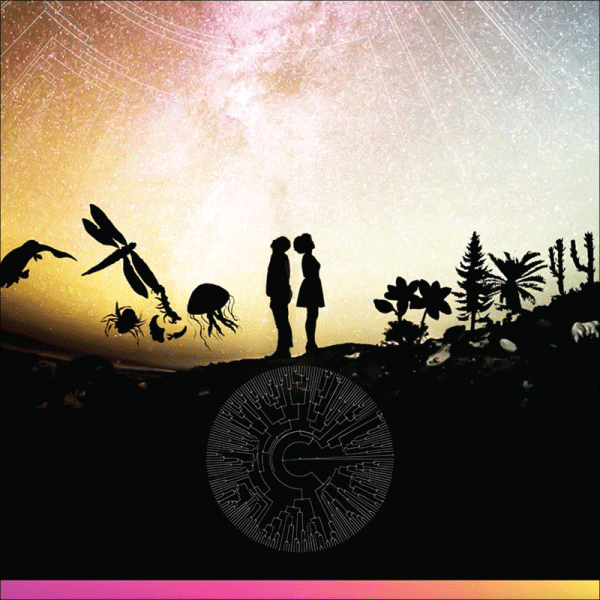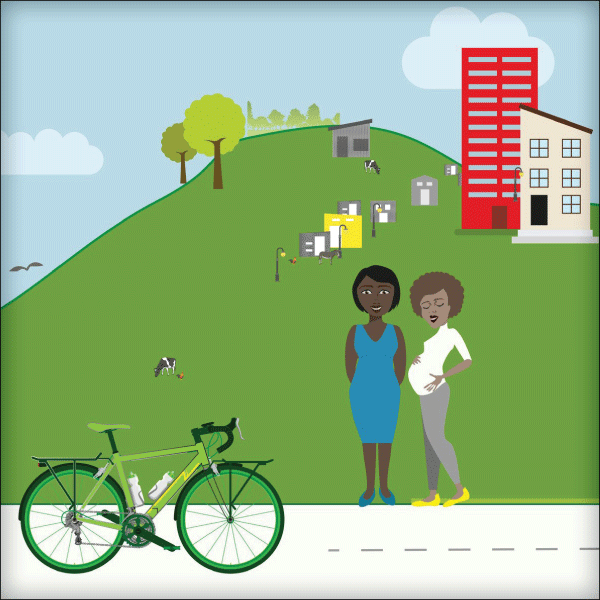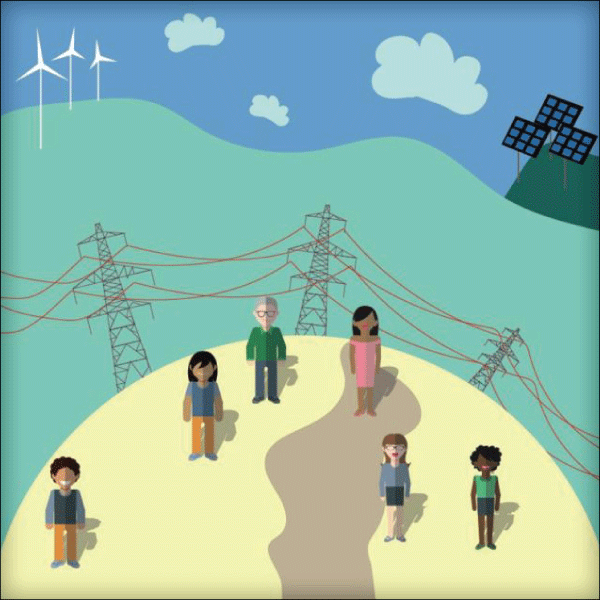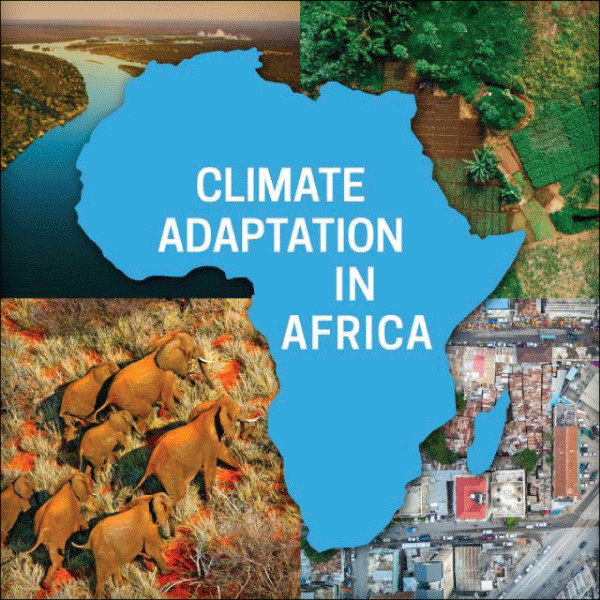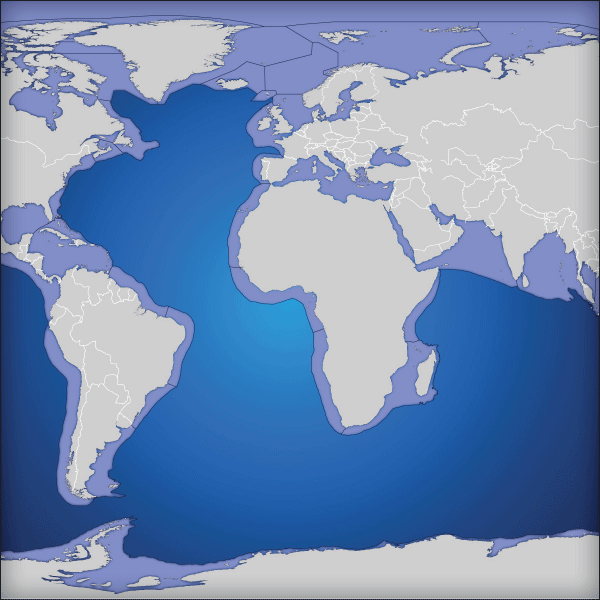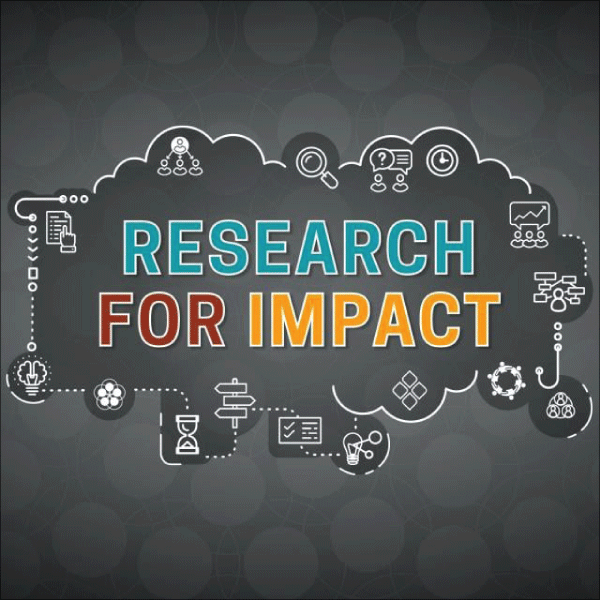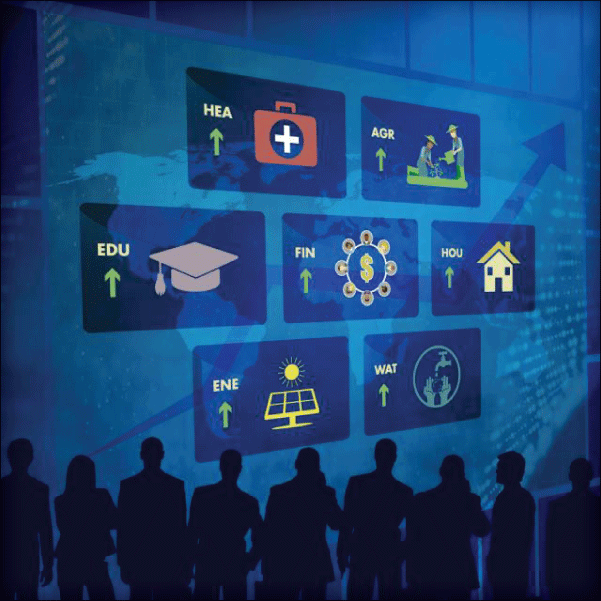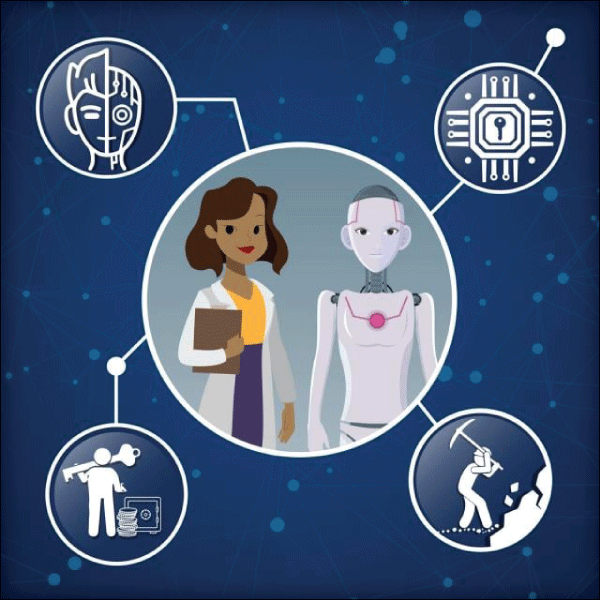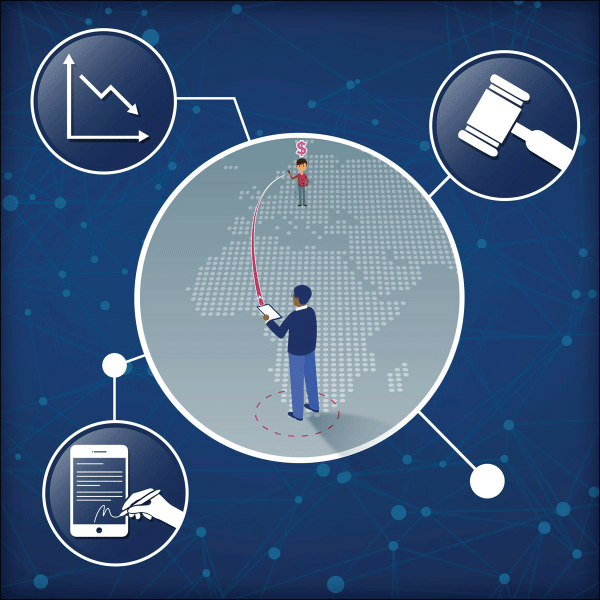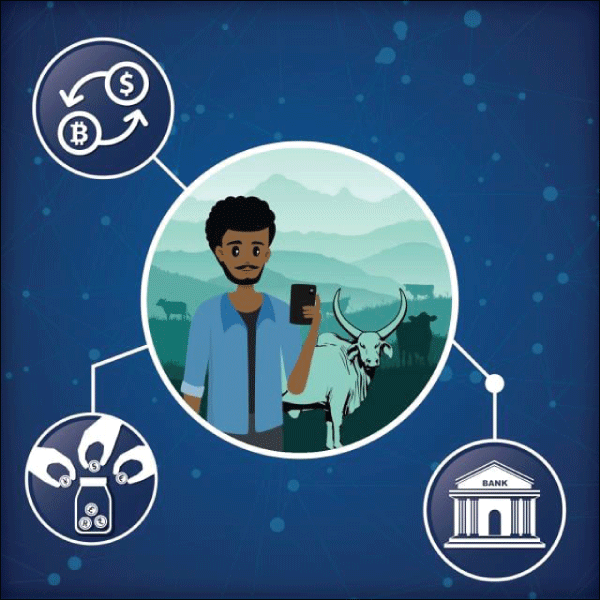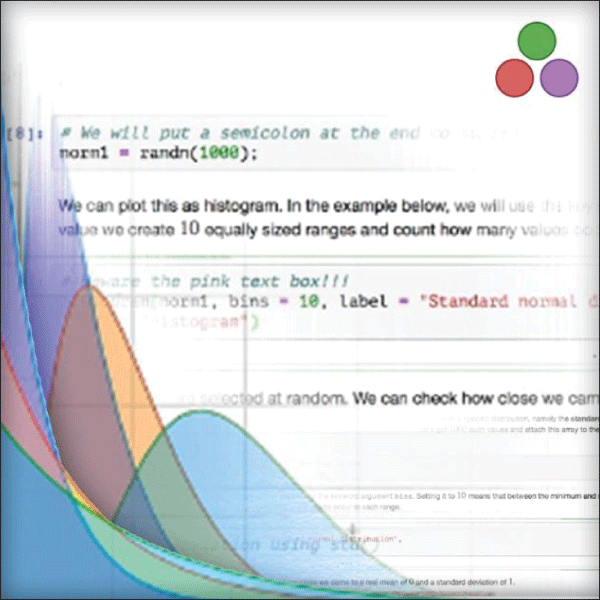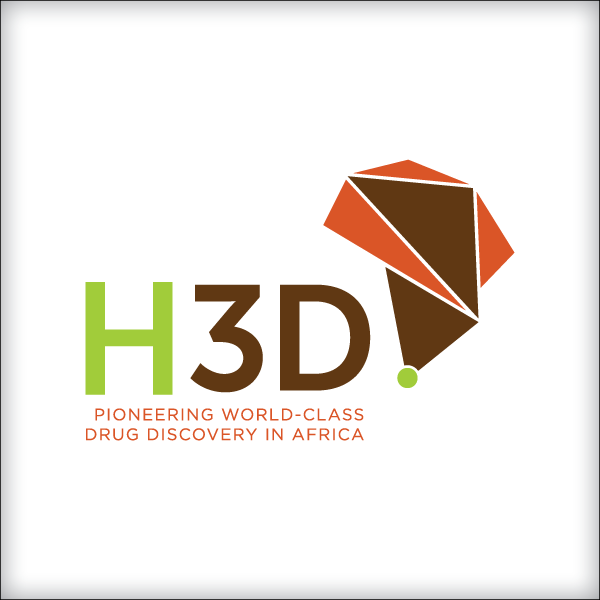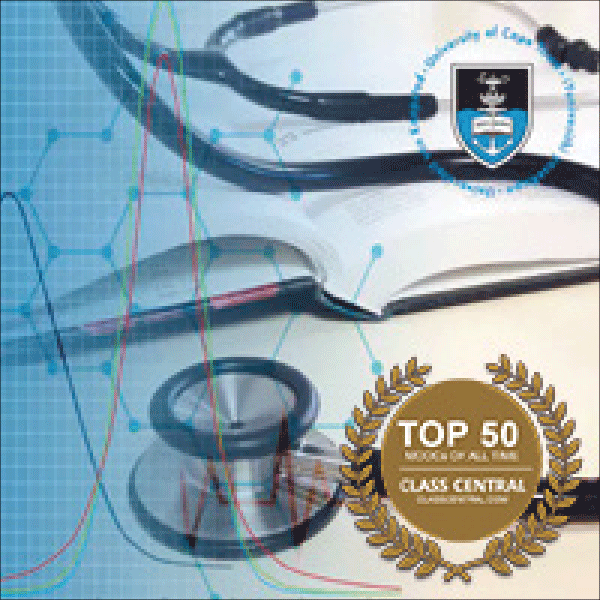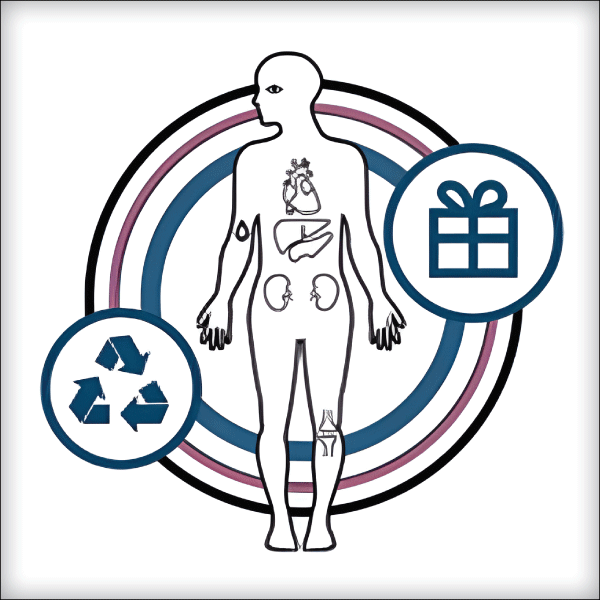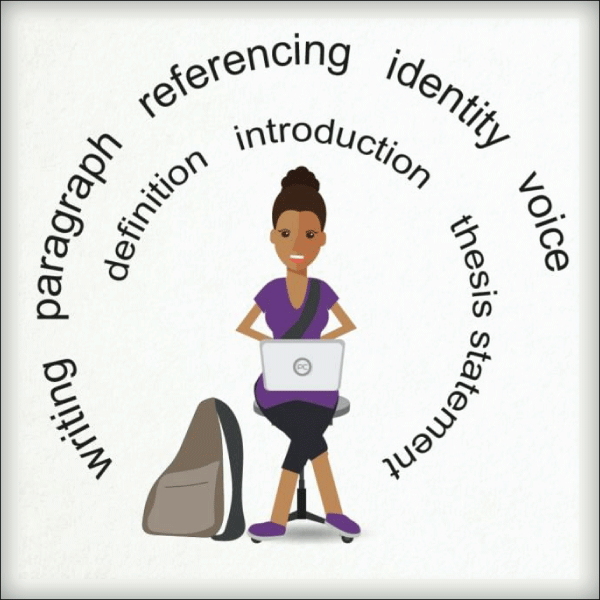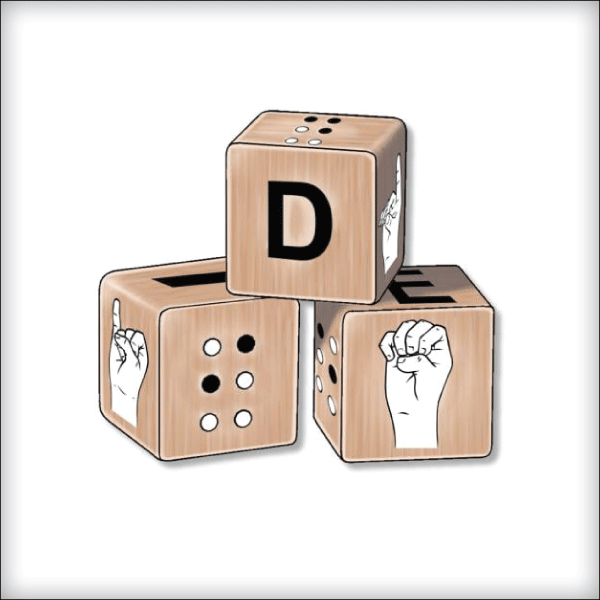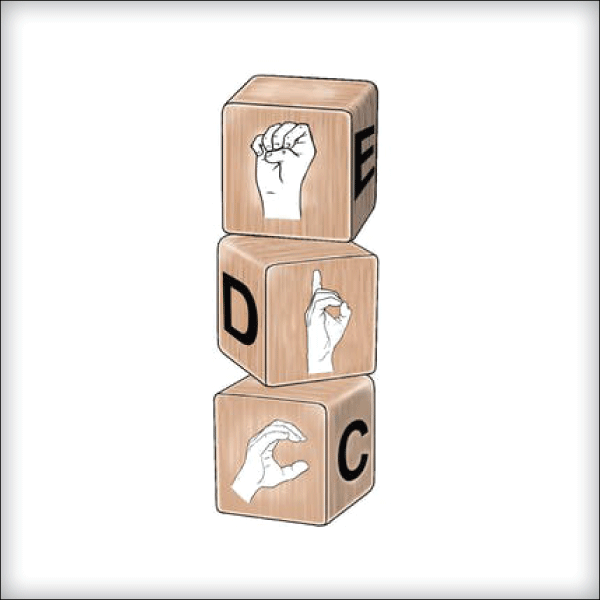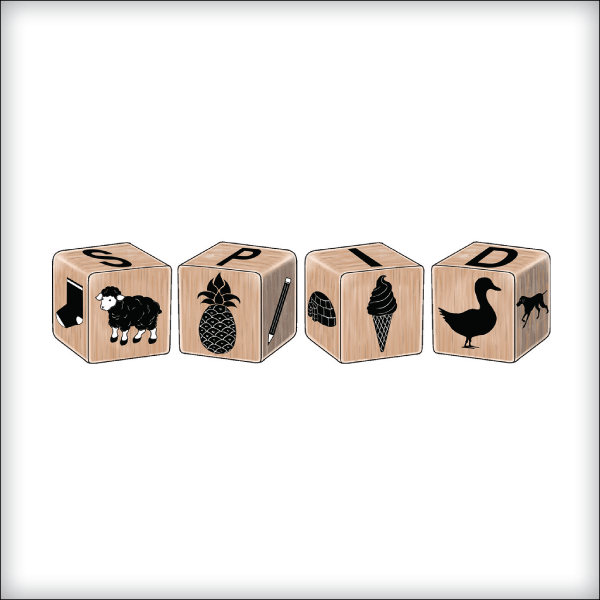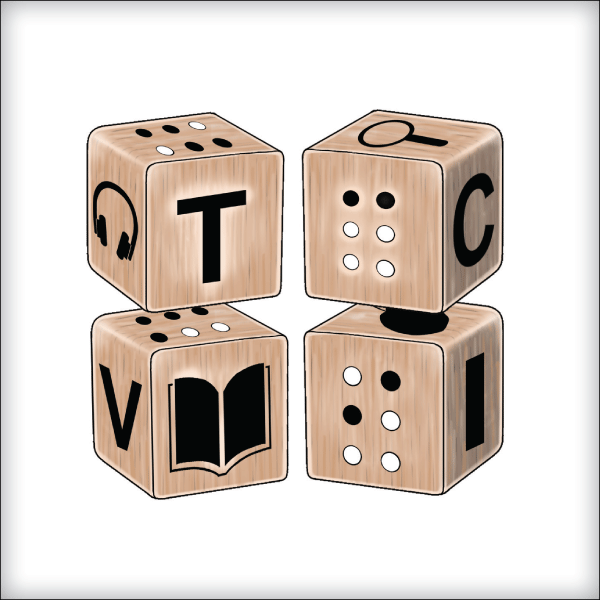UCT has 21 courses hosted on Coursera that anyone can join. These courses have no entry requirements, and they are not for university credit.
Some of these Coursera courses are completely free while others are only free when applying with the Financial Aid option. You can enroll for free but will need to pay to complete the course and receive a certificate. Geo-pricing is available for different countries. Financial aid involves completing an application and then waiting before continuing with the course.
The first UCT open online courses were created between 2015 and 2018 as part of a university supported project to develop Massive Open Online Courses (MOOCs). UCT first established formal agreements with Coursera and FutureLearn which allow UCT academics to host courses on either of those platforms. Under the university sponsored programme, 15 MOOCs were created and thereafter additional MOOCs have been created by UCT academics with independent funding. UCT now also has a formal agreement to host courses on edX.

- Popular courses for everyone
- Courses for Research and Development Professionals
- Courses focused on Innovation and Technology
- Courses for Health Professionals
- Courses focused on Teaching and Learning
- Archived Courses
Popular courses for everyone
| Life on Earth: Diversifications and ExtinctionsLearn about the five past mass extinctions and their impact on life on earth. Recognise what we can do to reduce the risk of a ‘sixth extinction. Understand extinction and diversification (radiation) as drivers of change. Professor Anusuya Chinsamy-Turan 5 weeks, on Coursera | ||
| Becoming a Changemaker: Introduction to Social InnovationLearn about, or improve the quality of your social innovation knowledge. Dr Francois Bonnici, A/Prof Warren Nilsson & Dr Marlon Parker 6 weeks, on Coursera |
Courses for Research and Development Professionals
| Climate Change Mitigation in Developing CountriesChallenges you to consider how one might lift societies out of poverty while also mitigating greenhouse gas emissions. Professor Harald Winkler 6 weeks, on Coursera | ||
| Climate Adaptation in AfricaThis course focuses on climate change impacts across Africa, dealing with concepts of vulnerability, adaptation, sustainable development and climate-resilient development. Professor Mark New 6 weeks, on Coursera | ||
| Large Marine Ecosystems: Assessment and ManagementThis course introduces the concepts and tools for assessing and managing Large Marine Ecosystems (LMEs). A/Prof Coleen Moloney 6 weeks, on Coursera | ||
| Research for ImpactLearn a set of principles and practices that will make your research more impactful. Prof Mark New & Mr Jesse DeMaria-Kinney 6 weeks, on Coursera |
Courses focused on Innovation and Technology
| Innovative Finance: Hacking finance to change the worldDesign and build innovative finance strategies to catalyse social impact in a business or community. Ms Aunnie Patton Power 5 weeks, on Coursera | ||
| Fintech Regulation in Emerging Markets and the Rise of Fintech CompaniesLearn about the major financial crises and fintech regulation in emerging markets using case studies. A/Prof Co-Pierre Georg 4 weeks, on Coursera | ||
| How Entrepreneurs in Emerging Markets can master Blockchain TechnologyDiscover the potential of blockchain and artificial intelligence for start-ups in emerging markets. A/Prof Co-Pierre Georg 4 weeks, on Coursera | ||
| Building Fintech Startups in Emerging MarketsOffers steps to get going on your entrepreneurial journey in the Fintech field, with basic business planning tools and interviews with a variety of start-up companies. A/Prof Co-Pierre Georg 4 weeks, on Coursera | ||
| Julia Scientific ProgrammingAn introduction to a new programming language developed specifically for high-performance scientific computing. Dr Henri Laurie & Dr Juan H Klopper 4 weeks, on Coursera |
Courses for Health Professionals
| Introduction to Small Molecule Drug Discovery & DevelopmentLearn about the different stages of drug discovery and development, including the tools and technologies influencing how we think about new medicines. Dr Susan Winks 4 weeks, on Coursera | ||
| Understanding Clinical Research: Behind the StatisticsIf you have ever skipped the results section of a medical paper because terms like ‘confidence interval’ or ‘p-value’ go over your head, then this is the course for you. Dr Juan H Klopper 6 weeks, on Coursera | ||
| Doing Clinical Research: Biostatistics with the Wolfram LanguageWith no prior coding experience, you can learn how to do biostatistical analysis for clinical research by programming with the Wolfram Language. Dr Juan H Klopper 4 weeks, on Coursera | ||
| Organ Donation: From Death to LifeLearn about the science behind death determination and when it is possible for deceased organ donation to take place. Dr David Thomson 4 weeks, on Coursera |
Courses focused on Teaching and Learning
| Writing your World: Finding yourself in the academic spaceThis course is not just about writing skills, it is also about engaging with the world through the concepts of identity, mobility and culture. Dr Aditi Hunma & Dr Gideon Nomdo 4 weeks, on Coursera | ||
| Disability Inclusion in Education: Building Systems of SupportThis course explores the support that teachers need to meet the learning needs of children with severe to profound hearing, visual or intellectual disability. A/Prof Judith McKenzie 5 weeks, on Coursera | ||
| Educating Deaf Children: Becoming an Empowered TeacherGain knowledge and skills to provide quality and holistic education to Deaf children. Odette Swift and Tara Kuhn 4 weeks, on Coursera | ||
| Severe to Profound Intellectual Disability: Circles of Care and EducationThis course is about informing and empowering parents, caregivers, therapists and others involved in caring for and educating children with severe to profound intellectual disability by exploring what intellectual disability entails, learning about support needs, how to plan learning activities and build relationships of care and respect. A/Prof Judith McKenzie 4 weeks, on Coursera | ||
| Teaching Children with Visual Impairment: Creating Empowering ClassroomsThis course empowers teachers to create classrooms that are inclusive, accessible, and attuned to children with visual impairment. Dr Brian Watermeyer 4 weeks, on Coursera |
Archived courses
- Since 2023, UCT no longer hosts courses on FutureLearn.
- The four UCT courses previously hosted on the FutureLearn platform have been retired (Medicine and the Arts, What is a Mind?, Extinctions: Past and Present and Education for All). The Extinctions: Past and Present course has been relaunched on Coursera as Life on Earth: Diversification and Extinctions.
- The video lectures of the four retired FutureLearn courses can be accessed through the OpenUCT public repository.
Contact Us
- Find us on twitter: @UCTMOOCs
- Email us at moocs@uct.ac.za

